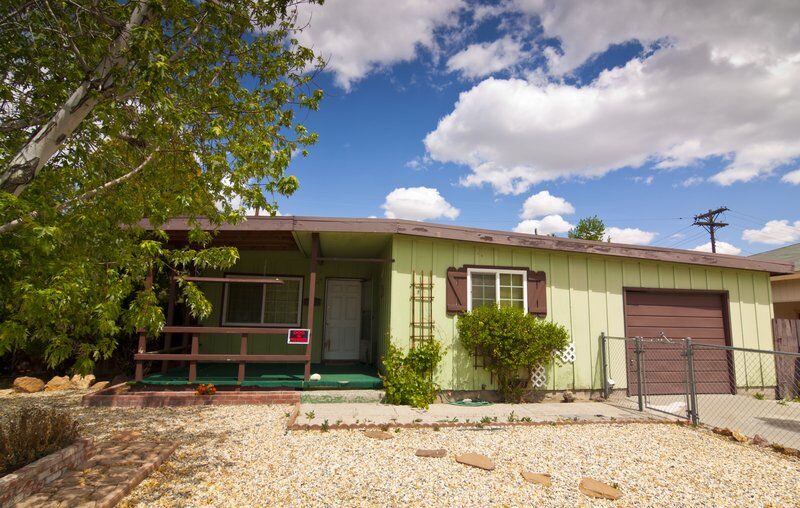When you’re looking to buy a fixer-upper, it can be tempting to go in without knowing the full scope of work that may be required. However, without properly assessing what needs to be done, you could end up with a property that costs much more than you initially anticipated. Take some time to learn about potential problems that can increase fixer-upper costs and how to identify them.
Foundation Issues
Foundation issues are one of the most common problems that come up when buying a fixer-upper. Cracked or crumbling foundation walls and floors can lead to an expensive repair bill if not addressed early on.
That’s why it’s important to have a professional inspect the property before making an offer. They can spot any damage and advise on what needs to be done to remedy it. If you don’t get your foundation issues fixed and fixed quickly, you will end up with worse damage to fix.
Moisture
High levels of moisture in a home can cause wood rot, mold growth, and other damage that can significantly increase fixer-upper costs. The best way to identify moisture problems is with a thorough inspection from an experienced contractor who understands the effects of humidity on properties.
Areas such as basements and attics should be checked for signs of moisture damage since these areas are prone to high humidity levels. High levels of humidity can cause wood to rot and hurt the structural integrity of a property.
Roof Damage
Roofing damage is another major expense for many homeowners as roofs typically need replacing every 15-20 years due to weathering or shingle failure. Have your potential fixer-upper inspected for signs of roof damage such as cracked or missing shingles, sagging roof lines, or water stains inside the attic space – all indicators of roof maintenance issues that could cost thousands in repairs depending on how severe they are. Having your roof fixed quickly can help prevent any storm damage to the attic or top floors of the home.
Before buying a fixer-upper, make sure you understand all the potential problems that may arise during renovations so you don’t end up spending more money than anticipated on repairs down the road. If necessary, hire an experienced contractor who can assess any potential issues before making an offer on the property. Hence, you have peace of mind when investing your hard-earned money into your new home! By taking these steps now, you will save yourself time and money in the long run.
Did you enjoy reading this article? Here’s more to read: Opportunities to Take When a Property is Highly Appreciated







